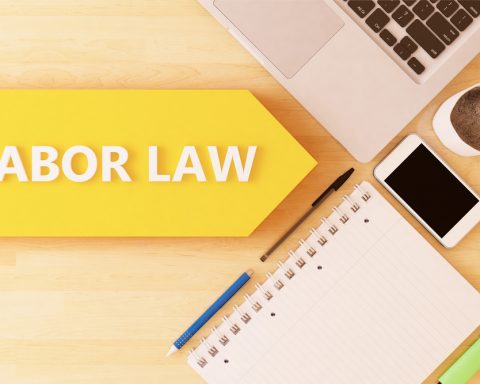Employers and employees don’t always see eye to eye, but this fact does not mean your boss can terminate your employment without good cause. In fact, there are many cases where companies have been found guilty of “wrongful” or “unlawful” termination–that is, where they fired someone for an illegal reason. Some basic information about unlawful termination might help you protect yourself against a destabilizing and undeserved job loss.

At-Will Employment and Employment Contracts
In most instances, employment at a company is “at will,” meaning that your employer can let you go at any time. However, the at-will concept does not give the employer the right to terminate employment on illegal grounds. This is important to understand because some employers try to give the impression of proficiency in employment law, intimidating the employees away from appropriate legal actions by emphasizing that they live or operate in an at-will state.
Examples of What Makes Termination “Wrongful”
The courts typically consider employment termination to be wrongful under a handful of key circumstances. For example, if the termination violates a local, state or federal law, including discrimination and labor laws that protect activities like collective bargaining, then the firing is not justifiable. Many regions have regulations that protect an employee from being fired in cases such as taking time to serve in the military, on a jury or as an elected officer. Similarly, if you have a contractual agreement (verbal statements and handbook-based policies are included here) with your employer, then you might not be considered an at-will employee due to the promise of job security within those agreements. A termination that violates the contract thus would be wrongful. You also cannot be fired as a form of sexual harassment. It also is not appropriate for your employer to fire you out of retaliation. Your employer cannot terminate you, for instance, because you filed a complaint or claim, or because you blew the whistle on wrongdoing within the company.
There is one more instance where a wrongful termination case may be well founded: You may be a victim of wrongful termination if your boss has made conditions so bad or unsafe that you quit (“constructive discharge”). Many people don’t realize that they have grounds for a legal suit here because they mistakenly see their job exit as being voluntary, when in fact they were forced out unfairly based on the employer’s actions.
What You Can Do
If you feel you have been wrongfully terminated, the first thing to do is file a claim with the Equal Employment Opportunity Commission (EEOC). Then contact a local wrongful termination lawyer to file your legal suit. Through this process, stay calm and get as much evidence as you can in writing, but work quickly–the statute of limitations may run out if you wait to get representation.








